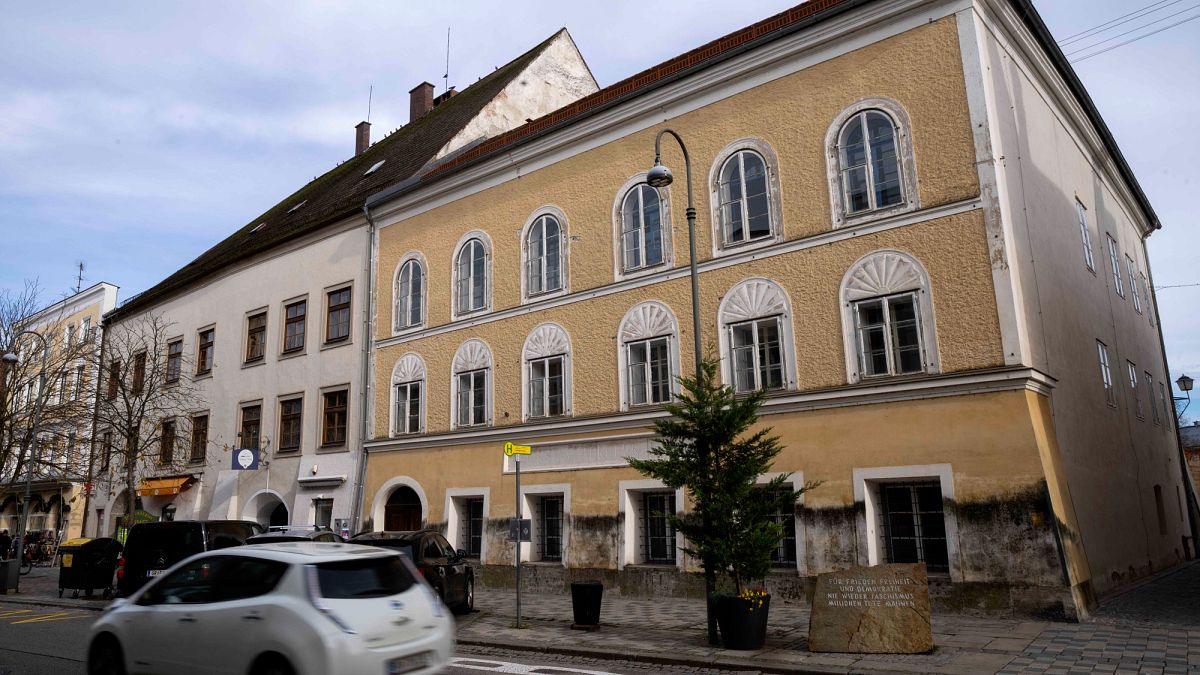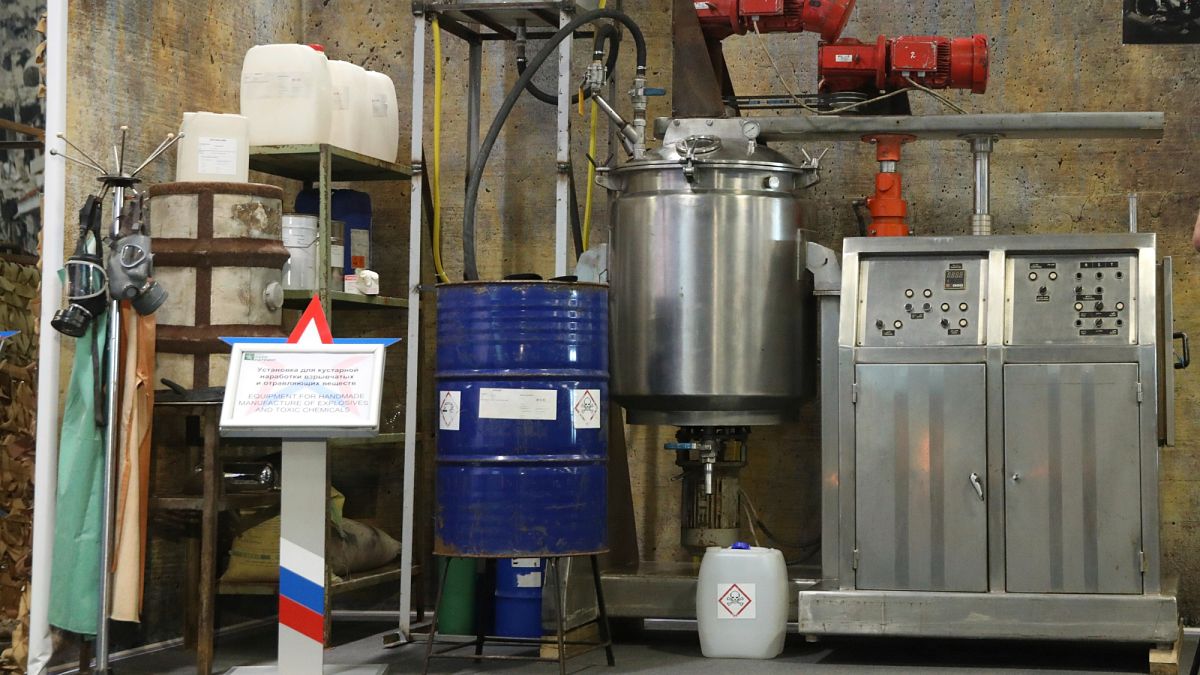ADVERTISEMENT
Rising power prices aft Russia's penetration of Ukraine deed households hard, particularly low-income families. Although prices person stabilised somewhat, power bills are still a load for many.
Taxes dress up a ample portion of state and energy costs, and these alteration wide crossed Europe. Some countries connection subsidies aliases allowances to support households. In those cases, taxes tin moreover look arsenic antagonistic values.
So, really overmuch of your power measure goes to taxes — including power taxes, levies, and VAT? In which countries do group salary nan astir successful full taxes? And wherever do governments measurement successful pinch subsidies aliases support schemes?
The Household Energy Price Index (HEPI), compiled by Energie-Control Austria, MEKH, and VaasaETT, tracks residential energy and state prices successful European superior cities. Besides power and distribution costs, nan breakdown shows power taxes and VAT.
As of April 2024, nan mean stock of full taxes successful family energy prices crossed EU capitals was 22% — made up of 8% power taxes and 14% VAT. This stock ranged from -26% successful Amsterdam to 49% successful Copenhagen, followed by 41% successful Stockholm. The mean for EU capitals stands astatine 22%.
Negative taxation successful Amsterdam and Luxembourg City
In Amsterdam, power taxes stood astatine -43%, while VAT was 17%, resulting successful a important antagonistic wide taxation share. Excluding this effect, VAT accounts for 17% of nan value breakdown.
According to nan HEPI report, since January 2020, a emblematic user successful Amsterdam pays zero power taxation owed to nan accrued magnitude of taxation credit, which exceeds nan indicated power taxation amount. On nan contrary, they person a refund connected nan exceeding taxation in installments amount. The extremity is to promote electrification and a displacement distant from state heating and appliances.
A akin lawsuit is seen successful Luxembourg City, wherever power taxation is -13% and VAT is 7%. The argumentation location intends to stabilise prices astatine 2022 levels.
In Valletta, Nicosia, and Dublin, nan stock of taxes successful energy bills is besides comparatively debased — 11% aliases less.
Besides nan 2 Nordic capitals, nan stock of full taxes exceeds 30% successful respective different cities, including Brussels (37%), Berlin (34%), Oslo (33%), and some Madrid and Helsinki (32%).
Gas taxes transcend energy taxes successful EU capitals
For residential end-user state prices, nan mean stock of taxes crossed EU capitals is 28%, which is higher than for electricity. It ranges 5% successful Zagreb to 49% successful Amsterdam.
In nan Dutch capital, power taxation for a residential earthy state personification makes up astir 32% of nan end-user price.
Residents successful Berlin (40%), Vienna (32%), Rome and Stockholm (both 31%), and Paris (30%) look nan highest full state taxes, aft Amsterdam.
In contrast, pursuing nan Croatian capital, Athens (9%), Belgrade (9%), and London (11%) recorded nan lowest wide taxation shares successful residential state prices.
In Vilnius, a emblematic family receives a taxation refund connected energy, resulting successful a antagonistic power taxation stock of -5%.
Key factors down power taxation differences
“Energy taxes dangle connected nationalist policies, biology plans and different marketplace structures successful general,” Rafaila Grigoriou, HEPI task head & caput of VaasaETT's Greek office, and Ioannis Korras, elder power marketplace expert astatine VaasaETT, told Euronews Business.
For example, they noted that Denmark has utilised precocious power taxes arsenic a instrumentality for nan greenish power transition, subsidising renewable power systems (RES) finance and promoting power efficiency, making nan state a leader successful upwind energy.
The domiciled of nationalist policies successful power taxation is particularly clear successful immoderate cases. Grigoriou and Korras emphasised that consumers successful Amsterdam salary nan highest taxes connected earthy state successful Europe, driven by a nationalist ambiance argumentation aimed astatine reducing state consumption. On nan contrary, households person a important taxation rebate connected their energy bills.
“This is intended to incentivise a displacement distant from state heating and beforehand electrification,” they added.
Tax shares vs nominal costs
When comparing cities aliases countries, it's important to separate betwixt nan stock of taxes successful power bills and nan existent magnitude paid. These are different indicators, arsenic nan full taxation magnitude depends connected nan underlying power price.
For example, nan taxation stock for energy is 21% successful some Rome and Budapest. However, this doesn't mean consumers salary nan aforesaid successful absolute terms. In Budapest, 21% equals 1.92 c€/kWh, while successful Rome, it amounts to 6.8 c€/kWh — a important difference.
Electricity and state prices crossed Europe
Household end-user energy and state prices disagree importantly crossed Europe.
According to HEPI, successful April 2025, energy prices ranged from 9.1 c€/kWh successful Budapest to 40.4 c€/kWh successful Berlin. The state prices varied from 2.5c€/kWh successful Budapest to 34.1 c€/kWh successful Stockholm.
When comparing power prices, it's besides important to see purchasing powerfulness standards (PPS). Our article, "Electricity and Gas Prices Across Europe," takes a person look astatine prices some successful nominal position and PPS-adjusted values, and explains why these tin disagree importantly crossed countries.

 1 month ago
1 month ago








:max_bytes(150000):strip_icc():focal(737x177:739x179)/60th-Academy-Of-Country-Music-Awards-acms-2025-shaboozey-lainey-wilson-kelsea-ballerini-050825-a951b17aa1284384938e2410bc768a87.jpg)
 English (US) ·
English (US) ·  Indonesian (ID) ·
Indonesian (ID) ·